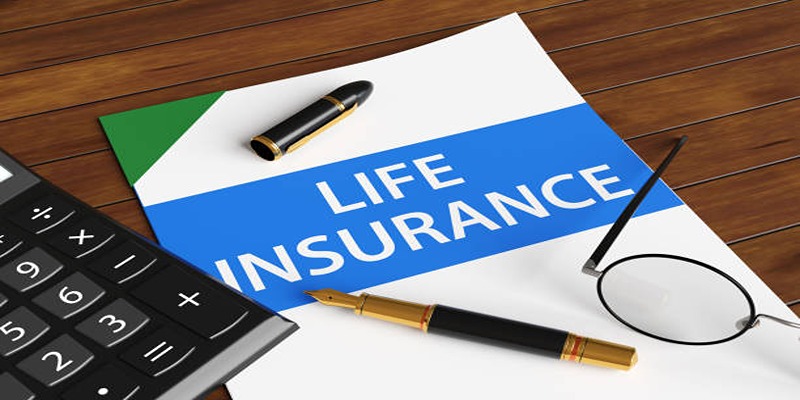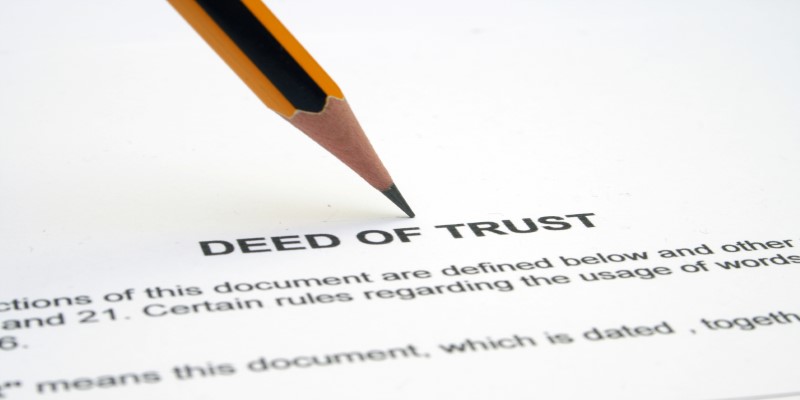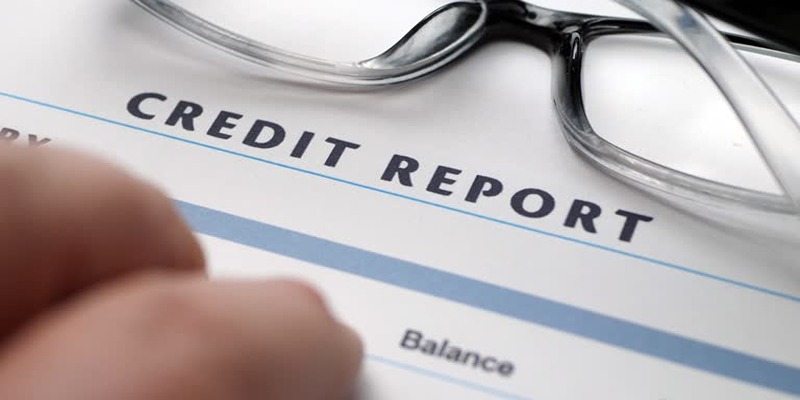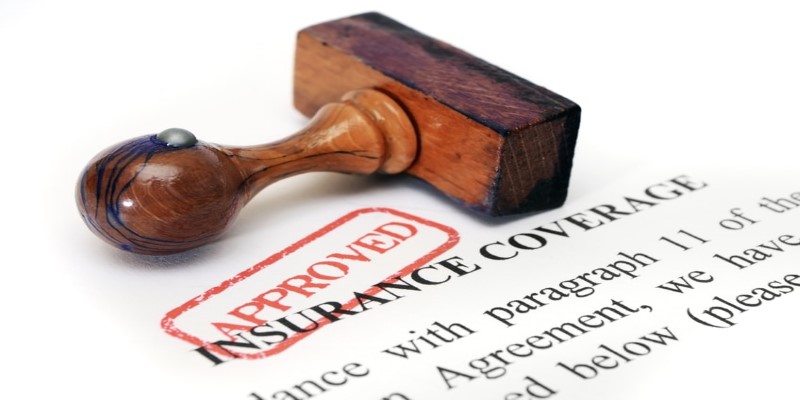When you buy a rental property, you’re not just stepping into the world of monthly rent checks and maintenance requests. You’re also stepping into something far less obvious—but equally important: depreciation. At first glance, it might sound like a negative. Depreciation? Doesn’t that mean losing value? Not exactly. In real estate, depreciation works in your favor—at least on paper.
Let’s break it down so it doesn’t feel like you’re being handed a bunch of accounting jargon and a calculator and wished good luck.
First Things First: What Does Depreciation Actually Mean?
Think of depreciation as a way to account for wear and tear over time. When you buy a building, whether it’s a single-family home or a fourplex, the IRS sees that structure as something that will eventually wear down. Not the land it sits on—just the building. And since buildings don’t last forever, the IRS lets you write off a portion of its value each year. That’s depreciation.
But this isn’t something you decide based on your gut feeling. There’s a very clear system in place. For most residential rental properties, the depreciation period is 27.5 years. So if your building (excluding land) is valued at $275,000, you’d divide that by 27.5—and boom, you get $10,000. That’s the amount you can deduct every year as a "paper loss" on your taxes, even if your property is bringing in more than enough rent to cover its costs.
The IRS Has Rules—Here’s How It Works
Now, before you start counting your tax savings, you need to know this isn't a choose-your-own-adventure situation. There are a few rules the IRS expects you to follow, and here’s where things get a little more structured.
Step 1: Start with the Right Kind of Property

Not every property qualifies. If it's a rental, people live there (not commercial tenants), and it's expected to last more than a year, it likely qualifies. The clock starts when it's officially available to rent—not when you bought it. So, if you closed in January but didn’t get tenants in until May, depreciation starts in May.
Step 2: Separate the Land from the Building
Only the building depreciates—not the land. That's a non-negotiable IRS rule. If your property's total value is $350,000 and the land is estimated to be worth $75,000, then your depreciable amount is $275,000. The land's value stays fixed, at least for this part of the conversation.
Step 3: Use the MACRS Method
Yes, this has a name: Modified Accelerated Cost Recovery System. Sounds complicated, but in this case, you’ll likely just use the straight-line method over 27.5 years. That means the same deduction amount every year. Most tax software will calculate this for you, but it helps to understand what’s happening behind the scenes.
Step 4: Claim It on Your Tax Return

Every year, you’ll fill out IRS Form 4562 to report depreciation. This gets attached to your Schedule E, which is where all your rental income and expenses are reported. Once you start claiming depreciation, you must continue to do so each year. Skipping it means missing out on tax benefits you’re legally allowed to use.
Why Depreciation Can Make Your Rental Seem Less Profitable on Paper (But That’s Not a Bad Thing)
Here’s the interesting twist. Even if your rental brings in more money than it costs to maintain, depreciation might make it look like you’re operating at a loss. For tax purposes, that can be a good thing. You could be collecting steady rental income, covering all your expenses, and still showing a loss after depreciation is factored in. That loss can offset other income, which may lower your total tax bill.
But here’s the catch: this is only helpful if you’re able to use those losses. If your income is above certain thresholds, the IRS limits how much of that “loss” you can claim. On the other hand, if your income is below $100,000 and you actively manage your rental, you may be able to deduct up to $25,000 in losses. It’s all about the details.
What Happens When You Sell the Property?
This part catches a lot of people off guard. When you eventually sell your rental property, the IRS doesn’t forget all the depreciation you claimed. Instead, they ask for part of it back. It’s called depreciation recapture. Think of it as the IRS balancing the books.
If you claimed $100,000 in depreciation over the years and you sell the property at a gain, you may have to pay tax on that $100,000 at a special rate—typically 25%. This isn’t always a bad thing. You’ve likely had years of tax savings because of depreciation, and now it’s just time to settle up. But it's something to be aware of, so it doesn't feel like an unpleasant surprise when you close the sale.
Wrapping It Up
Depreciation might sound like a dry accounting term, but for rental property owners, it’s actually a built-in benefit. It reduces your taxable income, boosts your cash flow, and helps you keep more of what you earn—at least while you hold the property.
The key is knowing how it works and what the rules are. This isn’t something to guess your way through or ignore. Whether you’re managing a single condo or a portfolio of duplexes, depreciation is already part of the deal. Your job is to make it work for you and not leave money on the table just because it’s not flashy or obvious. And if you ever feel unsure? Don’t try to figure it out at 11 p.m. during tax season. Talk to a pro.












